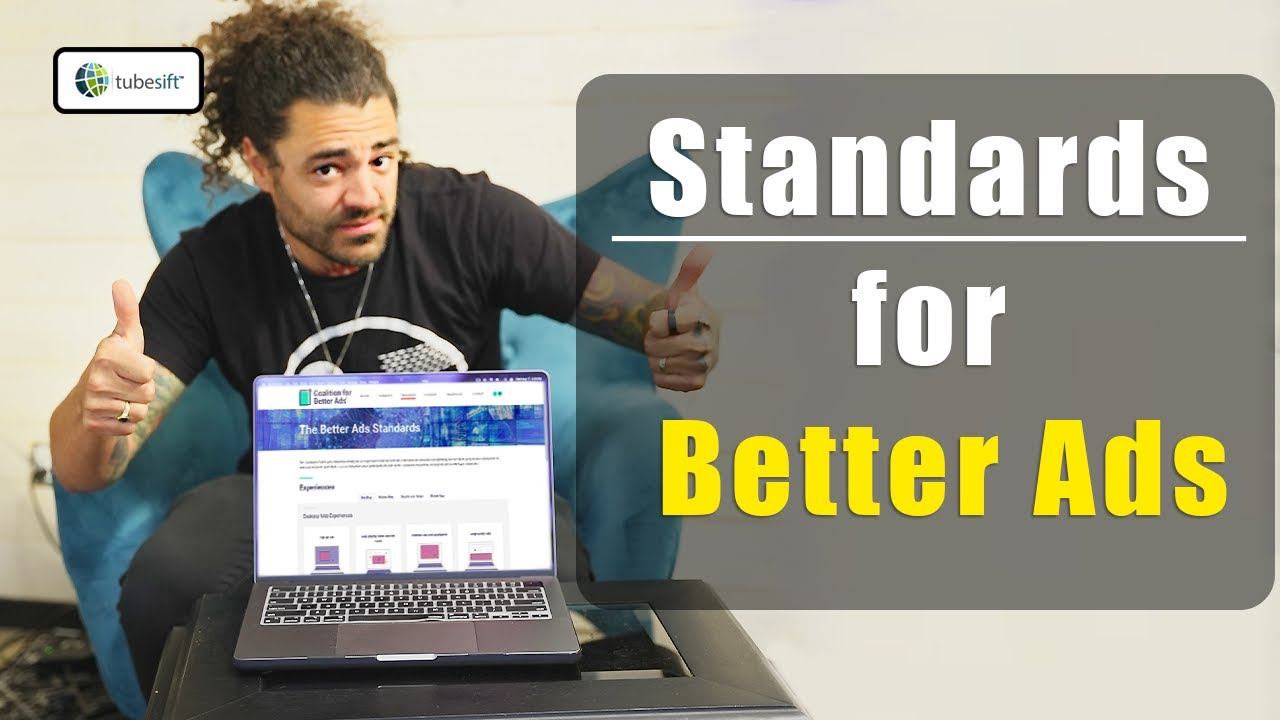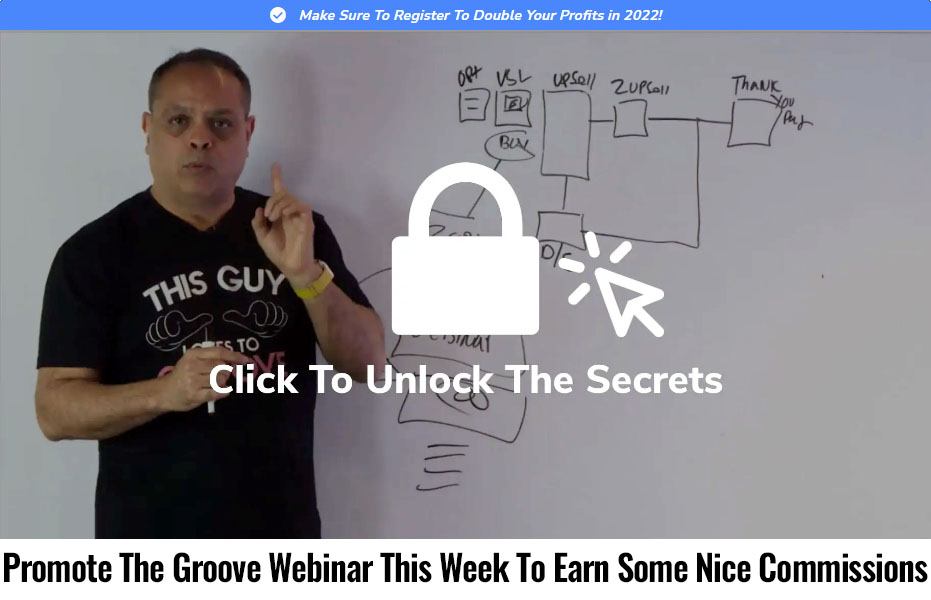Google has updated their landing page policy and if you’re not in compliance with it they will deny your landing pages and ban your ads.
This applies to new and existing campaigns.
Justin Sardi (YouTube ads mentor) takes you through everything you need to know about the upcoming update to the Destination Requirements Policy.
As always…
- if you want to browse a collection of winning ads and landing pages...
- take the guesswork out of your ad creation process…
- AND know exactly what messaging is working with your target audience…
…You can use Justin’s YouTube ads database – Video Ad Vault – and stay ahead of your competition with real-time market intelligence.
| Access Video Ad Vault Here |
YouTube gives you the amazing ability to show your ads on any monetized video.
Used by some of the best ads on YouTube, this is the most powerful form of targeting.
However, until now, it was also the hardest targeting to put in place because there was simply no easy way to collate relevant and monetized videos on YouTube without going through the tedious process of manually identifying them, one at a time.
Justin’s TubeSift software makes finding these monetized videos that match your requirements simple and easy.
It’s an advertiser’s dream software tool.
| Access TubeSift Here |
And if you’re new to advertising on YouTube and want training on the best ways to create and target your ads, Justin also provides a training course for this called Video Ads Alchemy – plus you get these bonuses:
| Access Video Ads Alchemy Here |

All the best,
Gary Nugent
Check out my Instagram posts and reels here:
Follow me (@aiaffiliatesecrets) on Instagram
P.S.: Don't forget, if you want to create an internet income of your own, here's one of my recommended ways to do that:







In this update of google it shows that the changes are going to either up your website landing pages or hurt them and no more traffic. We are glad that we got the insight of this article on goggles update and algorithm.
Cheers,
MnD
Yeah, MnD, this is one of the problems when your online business relies on rules set by other people (Google in this case).
Google notoriously update their algorithms frequently and not necessarily to the benefit of website owners. You have to remember that Google is in the business of selling ads and collecting and using data about its users. The days when they allegedly followed their “First do no evil” motto are long gone. That paradigm died when they went to Wall Street and sold shares in the company. Now they’re legally obliged to make the most money for their shareholders (and themselves in the process) as they can. So the Bottom Line gets precedence over lowly users and sites indexed in their search engine.
One of the most egregious examples of a detrimental algorithm update was back in 2012 when they introduced the Penguin update. It completely upended the search result listings. Sites that were ranking high suddenly found themselves on Page 100 of the search results. Crappy sites appeared at the top of the listings.
Website owners scrambled to get their sites ranked highly again. Lots of complaints were sent to Google about how detrimental the algorithm update had been. And from Google there was nothing but silence.
Online businesses were literally wiped out overnight because of this update. They could never recover their rankings and so customers couldn’t find them. And still silence from Google.
In fact, Google never admitted to any liability and were never held to account for the untold amount of damage they had done.
Now, you can argue that Google is a private company and they make the rules for their service. And they can change the rules (update their algorithms) at any time. But the bottom line for webmasters is that they are at the mercy of Google. It’s still the biggest search engine on the planet and if you want your sites to get noticed you need to have them indexed in Google.
So they have us webmasters by the short and curlys.
It pays to keep an eye on the algorithm updates – what rule changes will bring, when and why (if you’re lucky Google will specify this) because it gives you a better chance of ensuring that your sites, landing pages, etc. will remain compliant with their Ts & Cs, and remain indexed as a result.
All the best,
Gary